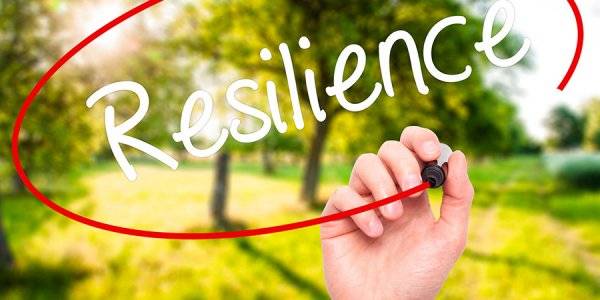Resilience is a remarkable quality that enables individuals to overcome adversity and bounce back from setbacks. It is the ability to adapt, recover, and thrive in the face of challenges, disappointments, and failures. Resilient people view setbacks as temporary obstacles rather than insurmountable barriers, and they possess a set of skills and attitudes that empower them to persevere and grow stronger in the process.
One crucial aspect of resilience is maintaining a positive mindset. Resilient individuals cultivate an optimistic outlook, choosing to see setbacks as opportunities for growth and learning. They understand that failure is a natural part of life and use it as a stepping stone towards success. By reframing setbacks as valuable lessons and focusing on the possibilities for improvement, they can bounce back with renewed determination and vigor.
Furthermore, resilience requires emotional intelligence and self-awareness. It is important to acknowledge and process the emotions that arise in the face of setbacks, such as disappointment, frustration, or sadness. Resilient individuals allow themselves to experience these emotions without being overwhelmed by them. They practice self-care and seek support from loved ones or professionals when needed. By understanding and managing their emotions effectively, they can maintain a clear and focused mindset, which is essential for overcoming setbacks.
Another key component of resilience is maintaining a sense of purpose and direction. Having a strong sense of purpose provides individuals with the motivation and resilience necessary to navigate challenges. Resilient individuals often have clear goals and values that guide their actions. When setbacks occur, they remind themselves of their purpose and use it as a source of strength to persevere. By staying connected to their values and maintaining a long-term perspective, they can withstand setbacks with resilience and determination.
Resilient individuals also possess strong problem-solving skills. They approach setbacks with a proactive and solution-oriented mindset. Instead of dwelling on the problem, they focus on identifying potential solutions and taking action. They break down complex challenges into manageable steps and remain flexible in adapting their strategies when necessary. By being resourceful and persistent in their problem-solving efforts, resilient individuals can overcome setbacks and move forward.
Finally, building a support network is crucial for resilience. Having a strong support system of family, friends, mentors, or colleagues provides individuals with encouragement, guidance, and practical assistance during difficult times. Resilient individuals are not afraid to reach out for help when needed and surround themselves with people who uplift and inspire them. By fostering meaningful connections and nurturing a supportive community, they can draw strength and resilience from those around them.
In conclusion, resilience is a powerful quality that allows individuals to bounce back from setbacks. By maintaining a positive mindset, cultivating emotional intelligence, staying connected to their purpose, developing problem-solving skills, and building a support network, resilient individuals can navigate adversity with grace and emerge stronger than ever before. Resilience is not an innate trait; it is a skill that can be developed and honed through practice and experience. With resilience, setbacks become stepping stones towards personal growth and success.




No comments yet
Be the first to share your thoughts!